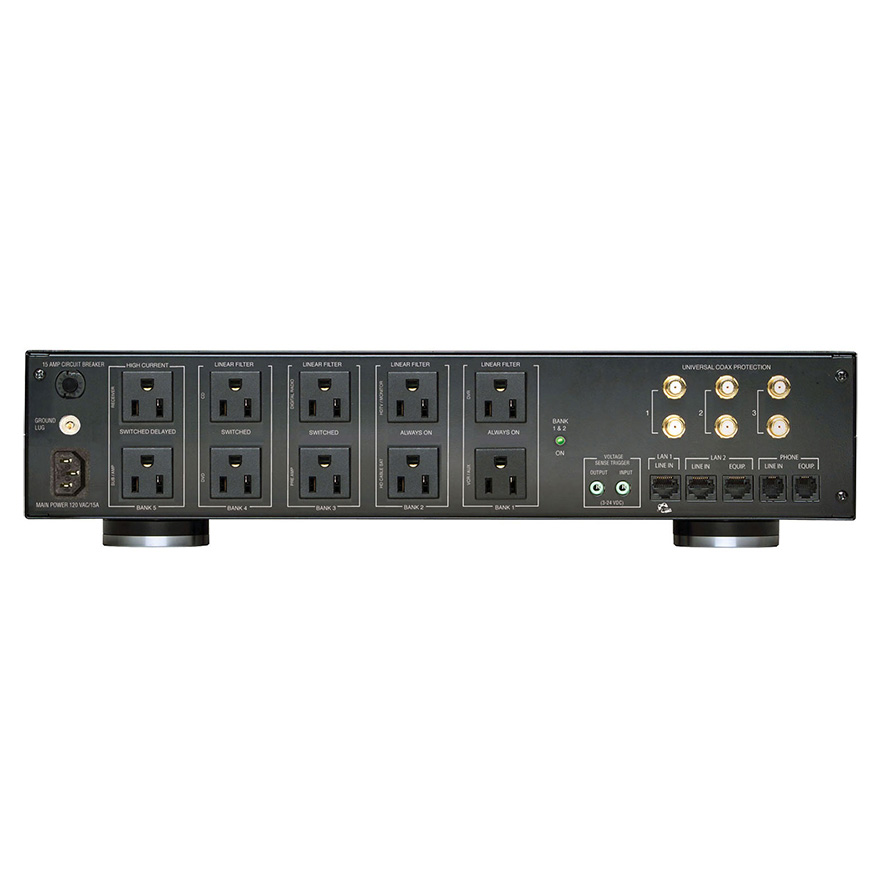
:max_bytes(150000):strip_icc()/panamax-mr5100-pwer-management-system-alt-5c1d1aa446e0fb0001812817.jpg)

Those kinds of incidents can severely damage the delicate circuitry inside, as many of today’s electronics and devices lack the protection needed for both of those incidents. Ideally, one must have a power manager for their home theater system if their location is frequently experiencing a high density of lightning strikes or if their location is known to have very frequent power surges. The other reason that it will become a necessity is due to the improvement it provides to your home theater’s performance. For one, it will become a necessity if you want to properly protect your home theater system (and other devices connected to it) from power issues such as surges, power flow, etc. The simple answer for that question is basically no, but with some catches to it. Is Having A Home Theater Power Manager Really a Necessity? That eliminates the chances of you tripping over scattered and messy wires that would otherwise be unorganized when no power manager is present with your home theater system. Most power managers have their connection and power ports located in their back, as seen in the image example previously posted above. Thanks to having a power manager, all of the power cables and wirings usually scattered around are now neatly tucked away in the back of the whole system. When determining the role of power manager in your home theater system (and in other devices that are compatible with it), remember that it is basically divided into two parts: improving the performance of your home theater system by both enhancing the flow of electricity (noise filtration) and proper power distribution the other part would be the protection it offers from power surges, where it extends the lifespan of your electronics and devices.Ī power manager’s other additional role, when paired with a home theater system, is that it provides a much cleaner and a well-looking, organized environment. The Role of a Power Manager in a Home Theater System There are also other features that will be incredibly beneficial for those owning many electronics and devices, such as a home theater system. Commonly known as “home theater power managers,” they are called “home theater power conditioners” by others.Īside from regulating the power distribution to both of your electronics and devices, a power manager also offers surge protection and cleaning “dirty” power flow (by either reducing or eliminating AC noise).įor more advanced and expensive models, they can offer additional features such as sequential system power ON/OFF (controlled turning off and on of devices during low voltage) and over/under-voltage protection. Power Managers: What Exactly Are They? From Furman Powerįor those unfamiliar with power managers, they are devices designed for regulating AC power distribution to the devices it is connected with. Some of The Best Power Managers In the Market Today.Do Hardcore Audiophiles Hate Power Managers?.Normal Noise Mode and Dirty Power: Their Connections.Dirty Power: How Does It Affect Your Home Theater?.

Is Having A Home Theater Power Manager Really a Necessity?.The Role of a Power Manager in a Home Theater System.


 0 kommentar(er)
0 kommentar(er)
